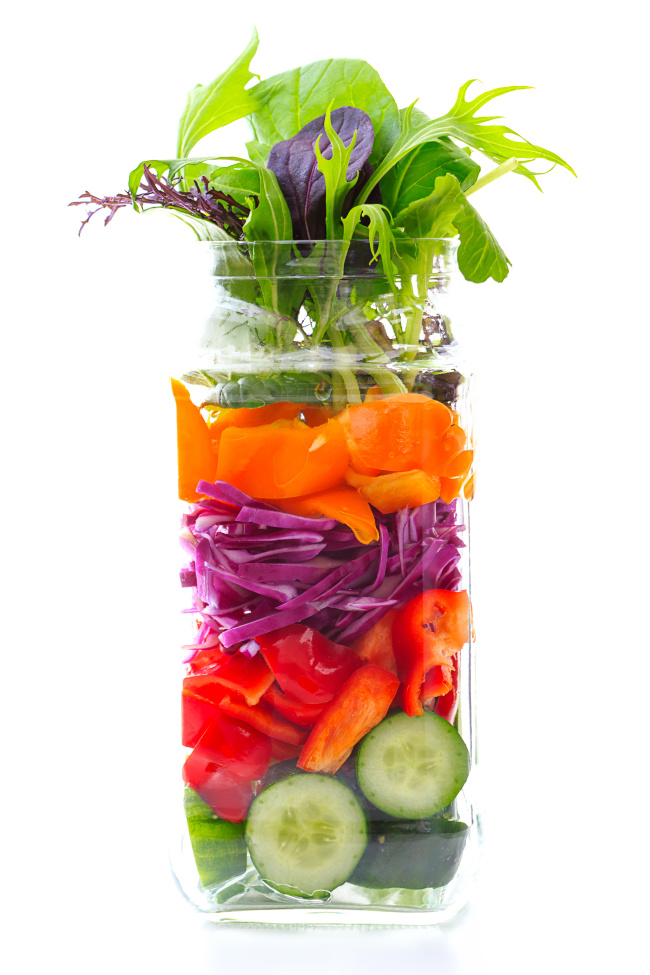Being vegetarian in Korea is difficult, and being vegan is just putting undue hardships on oneself -- or so go the few dozen conversations I’ve had over the last few years in Seoul since I switched to a pescatarian diet.
In truth, a diet in which you cut out large swathes of food is going to be difficult anywhere -- so I hear from gluten-free and paleo diet friends alike. But Korea may be a unique situation.
“What can you eat at a Korean restaurant?” I asked a vegan friend. “Mostly plain bibimbap without the fried egg,” was her reply.
Even the basic side dish of kimchi is off-limits for strict vegetarians. According to Korean Bapsang, a weekly column that runs in the food section, traditional kimchi requires salted shrimp and fish sauce.
So there’s no doubt I’ve taken a somewhat easier path by “only” going pescatarian, which means while eschewing other meat, I still eat seafood. That guarantees finding something to eat at almost any restaurant I go to in Korea.
For simplicity’s sake, I’ll just say I don’t eat meat. But even that hasn’t been so simple. The most commonly offered food after saying so? Chicken.
I don’t clarify that someone who eats chicken but not other meat -- including seafood -- would be a pollotarian, or that someone who is OK with either would be a pollo-pescatarian. I’ve had to go through this vocabulary lesson myself. It can be a bit cumbersome.

But let’s try. Here’s the short version:
What is mostly thought of as “vegetarianism” would specifically be ovo-lacto vegetarianism. That means not eating meat, but still consuming dairy and eggs. Ovo vegetarians eat eggs and not dairy and lacto vegetarians eat dairy and not eggs.
Vegans, on the other hand, eat no meat and nothing that comes from an animal -- no dairy, no eggs -- or perhaps nothing that has ever touched an animal, which takes most bottles of wine off the table.
Then there are the fruitarians -- the ranks of which included Apple co-founder Steve Jobs -- who also avoid most vegetables and primarily eat fruit, seeds and nuts.
What this all goes to show is that vegetarianism need not be thought of as all or nothing. As concerns over global warming increase and the link between meat and its negative environmental impacts become clearer, there’s been a stronger push for “flexitarianism” -- being primarily vegetarian, but occasionally indulging in meat -- and weekend or part-time vegetarianism.
In 2009, noted celebrity vegan Paul McCartney launched nonprofit group Meat-Free Monday to encourage people to devote a day a week to swearing off meat. The group cites a conservative estimate from the Food and Agriculture Organization of the United Nations that pins 14.5 percent of global greenhouse emissions on livestock production, while other estimates have ranged as high as 51 percent.
Environmental concern was a key driver that led me to what began as an experiment. I was also motivated by wanting to see a change in my health and by the viral Matt Cutts TED Talk video “Try Something New for 30 Days” -- yes, I know I’ve overshot the mark.
As for health, I discovered it was no sweat eating poorly without meat. Convenience store pastries and copious amounts of peanut butter and cheese were things I had to learn to be careful of.
But after 30 days I also discovered it was no big deal to keep it going. Maybe I would stop in the summer. After, I could make it to Christmas. Later, I may as well go past a full year. Then, two years. Now it’s been three years, three months, three weeks and two days. And I guess I’ll keep going a while.
By Kevin Lee Selzer (klselzer@heraldcorp.com)
Kevin Lee Selzer is a copy editor for The Korea Herald -- Ed.







![[Graphic News] More Koreans say they plan long-distance trips this year](http://res.heraldm.com/phpwas/restmb_idxmake.php?idx=644&simg=/content/image/2024/04/17/20240417050828_0.gif&u=)
![[KH Explains] Hyundai's full hybrid edge to pay off amid slow transition to pure EVs](http://res.heraldm.com/phpwas/restmb_idxmake.php?idx=644&simg=/content/image/2024/04/18/20240418050645_0.jpg&u=20240419100350)






![[From the Scene] Monks, Buddhists hail return of remains of Buddhas](http://res.heraldm.com/phpwas/restmb_idxmake.php?idx=652&simg=/content/image/2024/04/19/20240419050617_0.jpg&u=20240419175937)

![[KH Explains] Hyundai's full hybrid edge to pay off amid slow transition to pure EVs](http://res.heraldm.com/phpwas/restmb_idxmake.php?idx=652&simg=/content/image/2024/04/18/20240418050645_0.jpg&u=20240419100350)

![[Today’s K-pop] Illit drops debut single remix](http://res.heraldm.com/phpwas/restmb_idxmake.php?idx=642&simg=/content/image/2024/04/19/20240419050612_0.jpg&u=)